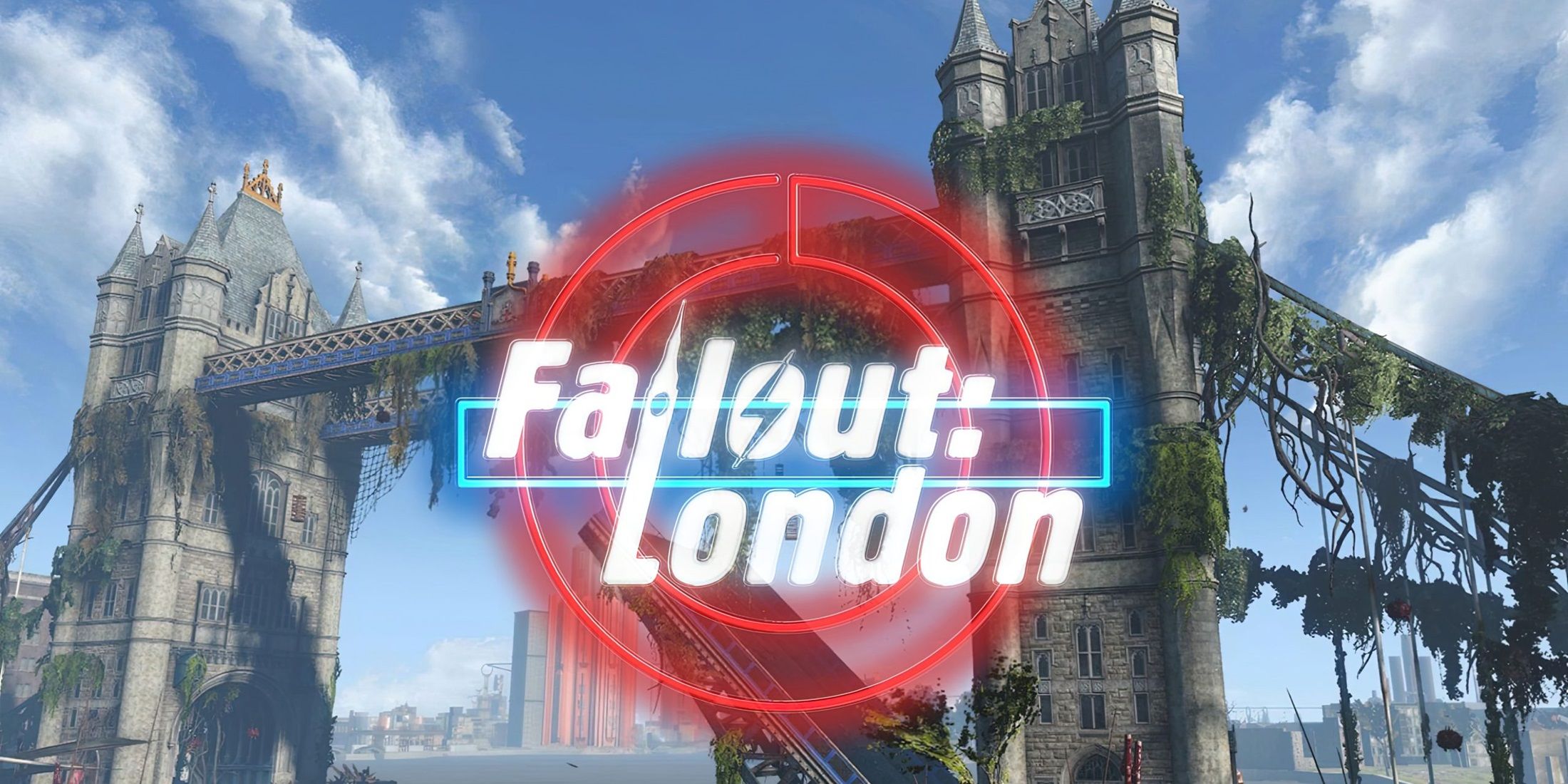The Supreme Court has denied a request to hear an antitrust dispute between Apple and Fortnite publisher Epic Games. It rejected two petitions, one from each company, this morning — leaving the case largely, but not entirely, a win for Apple.
Epic v. Apple began in 2020 after Epic implemented its own payment system for Fortnite’s virtual currency, bypassing Apple’s commission on in-app purchases. Apple banned Epic from its iOS App Store and Epic filed a lawsuit in response, claiming the App Store — and Apple’s overall walled-garden approach to iOS — violated US antitrust laws. Judge Yvonne Gonzalez Rogers rejected most of Apple’s claims and the Ninth Circuit Court of Appeals largely affirmed the decision.
Even so, both rulings found that Apple had acted anticompetitively by barring developers from telling users about other payment methods. Apple was ordered to let them allow links and other “calls to action” that would bypass Apple’s payment system, discontinuing what are known as anti-steering policies. But the company spent years delaying parts of the change with legal appeals, winning a reprieve while the Supreme Court considered the case. Today’s denial seemingly runs out that clock, requiring Apple to reconsider the future of its anti-steering rules.
Conversely, Epic remains unsuccessful in its bid to make Apple allow it back onto the App Store or let developers distribute apps via sideloading or third-party stores. The outcome is strikingly different from its recent victory over Apple’s rival Google in a California jury trial — although Google has said it will appeal the decision. Apple may also face more pressure to open up iOS in Europe; it’s currently fighting attempts to regulate the App Store under the EU’s Digital Markets Act, which goes into effect on March 6th.
Epic and Apple did not immediately respond to requests for comment on the Supreme Court’s decision.


/cdn.vox-cdn.com/uploads/chorus_asset/file/22478960/acastro_210429_1777_epicApple_0002.jpg)
/cdn.vox-cdn.com/uploads/chorus_asset/file/25211579/DuchesS___Black.jpg)




